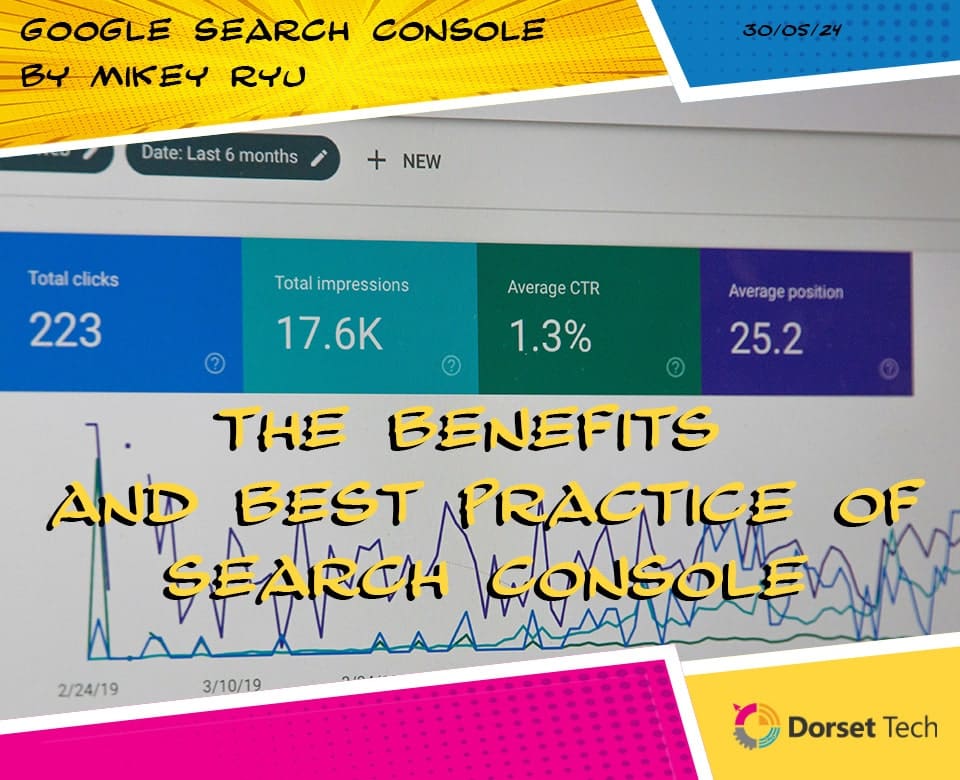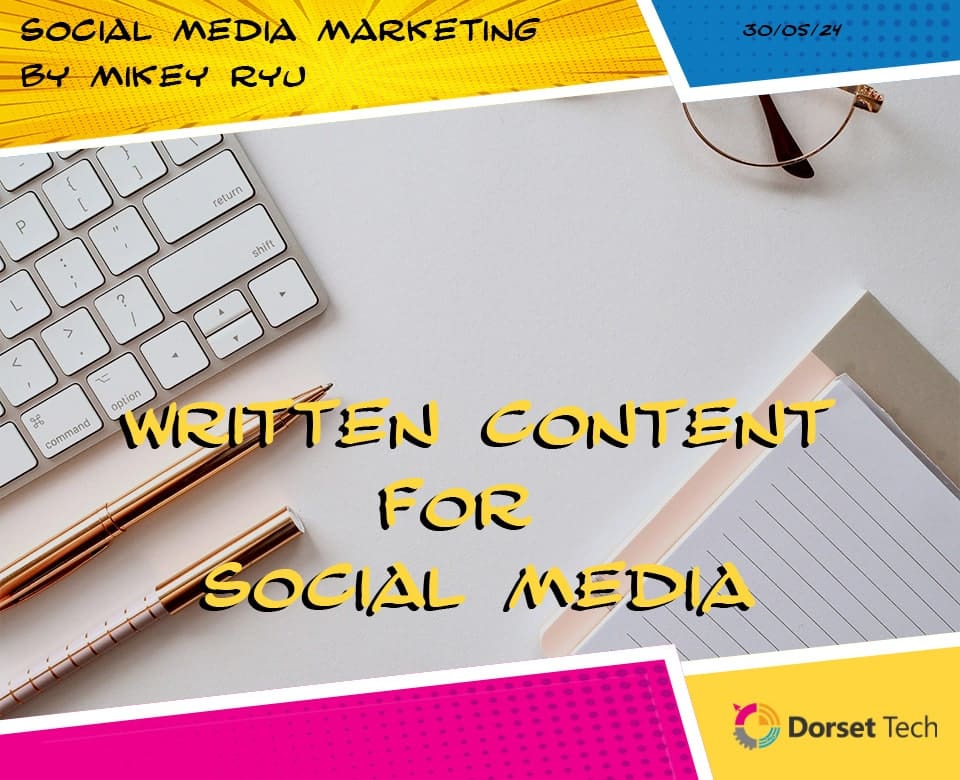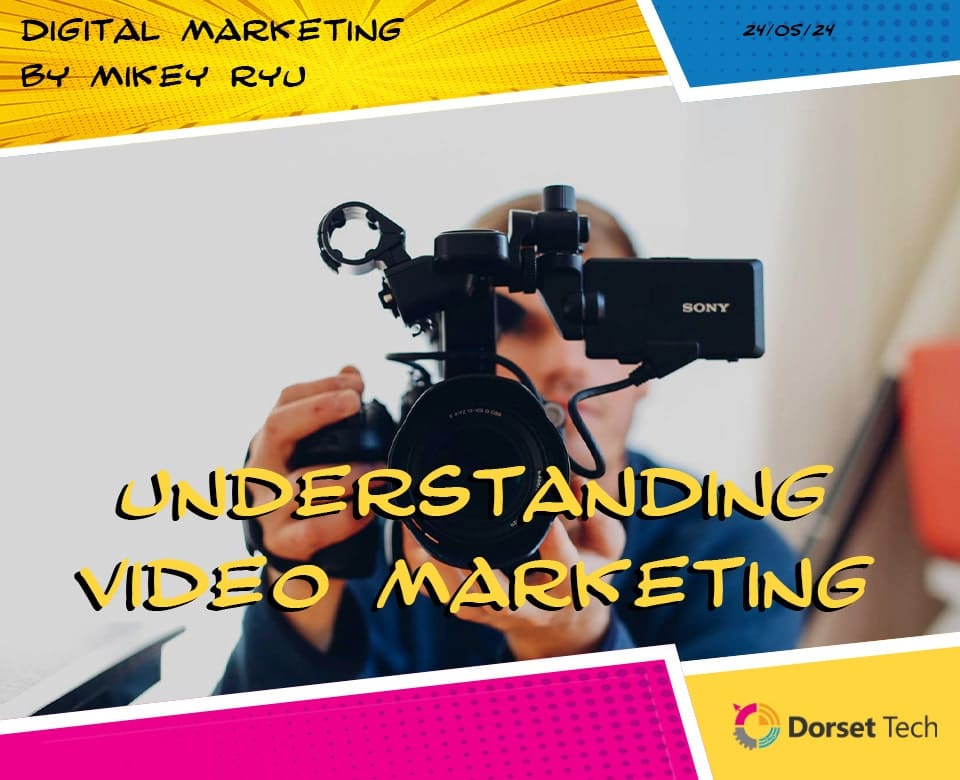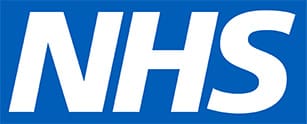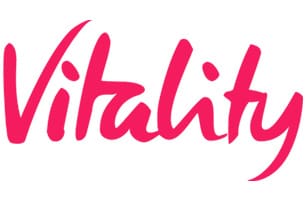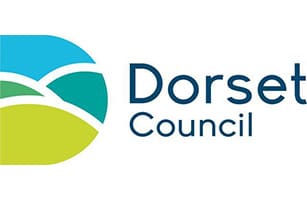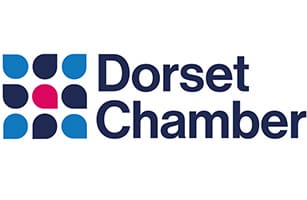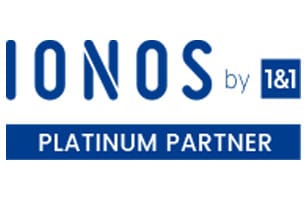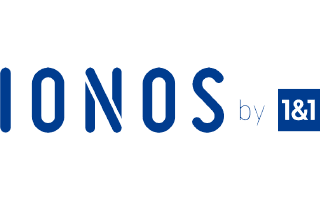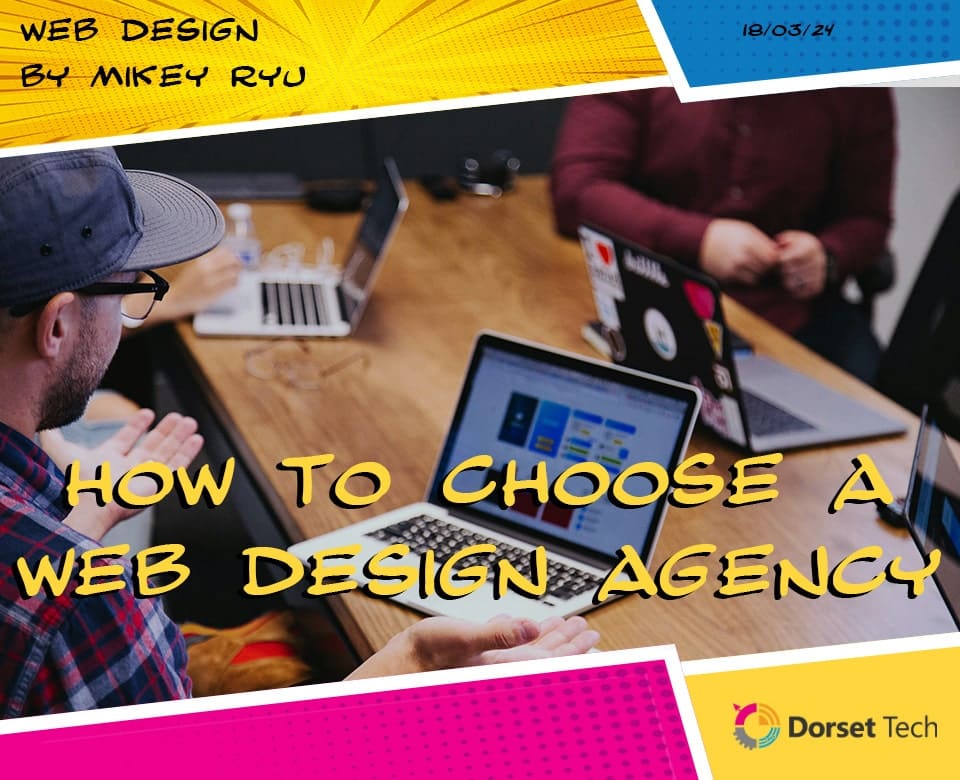
How to Choose a Web Design Agency
Understanding Your Needs:
Before diving into the selection process, it’s essential to have a clear understanding of your requirements and objectives. Ask yourself:
- What is the purpose of your website? (e.g., E-commerce, informational, portfolio showcase)
- Who is your target audience, and what are their preferences?
- Do you have any specific features or functionalities in mind?
- What is your budget and timeline for the project?
Having a solid grasp of your needs will not only streamline the agency selection process but also ensure that you communicate your expectations effectively.
Research Potential Agencies:
Once you’ve defined your requirements, it’s time to research potential web design agencies. Here are some effective strategies:
Online Search:
Start by conducting a thorough online search. Look for agencies with a strong presence and positive reviews. Pay attention to their website design, user experience, and portfolio.
Ask for Recommendations:
Reach out to your professional network, colleagues, or friends who have worked with web design agencies before. Their recommendations and insights can be invaluable in your decision-making process.
Check Online Reviews and Testimonials:
Browse through online reviews and testimonials on platforms like Google, Yelp, or Clutch. Pay attention to both positive and negative feedback to gauge the agency’s reputation and reliability.
Social Media Presence:
Explore the agency’s social media profiles to get a sense of their culture, client interactions, and recent projects. Social media platforms can provide valuable insights into the agency’s creativity and engagement with its audience.
Key Considerations in Choosing an Agency:
As you narrow down your list of potential agencies, consider the following key factors:
Experience and Expertise:
Look for agencies with a proven track record of delivering high-quality web design solutions. Check their portfolio to assess the diversity and complexity of their past projects.
Communication and Collaboration:
Effective communication is essential for a successful partnership. Choose an agency that is responsive, transparent, and willing to listen to your ideas and feedback.
Client References:
Don’t hesitate to ask for client references or case studies. Speaking directly with past clients can provide valuable insights into the agency’s professionalism, reliability, and project management capabilities.
Scalability and Flexibility:
Consider whether the agency has the resources and expertise to accommodate your future growth and evolving needs. Scalability and flexibility are vital, especially if you’re planning to expand or introduce new features to your website down the line.
Reviewing Portfolios:
A web design agency’s portfolio is a window into their creativity, skillset, and design aesthetic. When reviewing portfolios, pay attention to the following aspects:
Design Quality:
Assess the overall design quality of the websites in the portfolio. Look for clean layouts, intuitive navigation, and visually appealing aesthetics.
Relevance:
Choose an agency whose portfolio includes projects that align with your industry, target audience, and design preferences. This demonstrates their ability to understand and cater to your specific needs.
Functionality and User Experience:
Evaluate the functionality and user experience of the websites in the portfolio. Ensure that they are responsive, mobile-friendly, and optimised for speed and performance.
Innovation and Creativity:
Seek out agencies that demonstrate innovation and creativity in their design approach. Look for unique design elements, innovative features, and out-of-the-box solutions.
Assessing Technical Expertise:
In addition to creative design skills, a web design agency must possess strong technical expertise. Consider the following technical aspects when evaluating agencies:
Development Platforms:
Determine which development platforms and technologies the agency specialises in. Whether it’s WordPress, Shopify, or custom development, ensure that they have the necessary expertise to bring your vision to life.
SEO and Accessibility:
A well-designed website should be optimised for search engines and accessible to all users, including those with disabilities. Inquire about the agency’s approach to SEO best practices and web accessibility standards.
Security Measures:
Cybersecurity is a growing concern for businesses of all sises. Choose an agency that prioritises website security and implements robust security measures to protect your data and sensitive information.
Understanding the Design Process and Timeline:
Before making a final decision, it’s essential to understand the agency’s design process and timeline. A transparent and well-defined process ensures that both parties are on the same page and helps prevent misunderstandings or delays. Ask the following questions:
Project Phases:
What are the key phases of the design and development process? How will the agency involve you in each stage?
Timeline:
What is the estimated timeline for the project? Are there any potential obstacles or dependencies that could affect the timeline?
Communication Channels:
How will communication be handled throughout the project? Will there be regular check-ins, status updates, or milestone reviews?
Revision Policy:
What is the agency’s policy on revisions and iterations? Ensure that there is room for feedback and adjustments throughout the design process.
Final Decision and Next Steps:
After thorough research and consideration, it’s time to make your final decision. Choose an agency that not only meets your requirements but also aligns with your values, communication style, and long-term goals. Once you’ve selected an agency, here are some next steps to consider:
Sign a Contract:
Before commencing the project, ensure that both parties sign a detailed contract outlining the scope of work, deliverables, timeline, payment terms, and any other relevant agreements.
Kickoff Meeting:
Schedule a kickoff meeting with the agency to discuss project specifics, expectations, and goals. Establish open lines of communication and clarify any remaining questions or concerns.
Collaborate and Provide Feedback:
Throughout the design process, maintain open communication with the agency and provide timely feedback. Collaboration is key to ensuring that the final product aligns with your vision and expectations.
Monitor Progress and Stay Involved:
Stay involved in the project and monitor progress regularly. Review design mockups, prototypes, and development milestones to ensure that the project stays on track.
Celebrate Success:
Once the project is complete, take the time to celebrate the successful launch of your new website. Share it with your audience, gather feedback, and continue to iterate and improve based on user insights and analytics.
In conclusion, choosing the right web design agency is a critical decision that can significantly impact the success of your online presence. By understanding your needs, conducting thorough research, reviewing portfolios, assessing technical expertise, and understanding the design process, you can make an informed decision that sets your business up for long-term success. With careful planning, clear communication, and collaboration, you can create a stunning website that captivates your audience and drives results.




